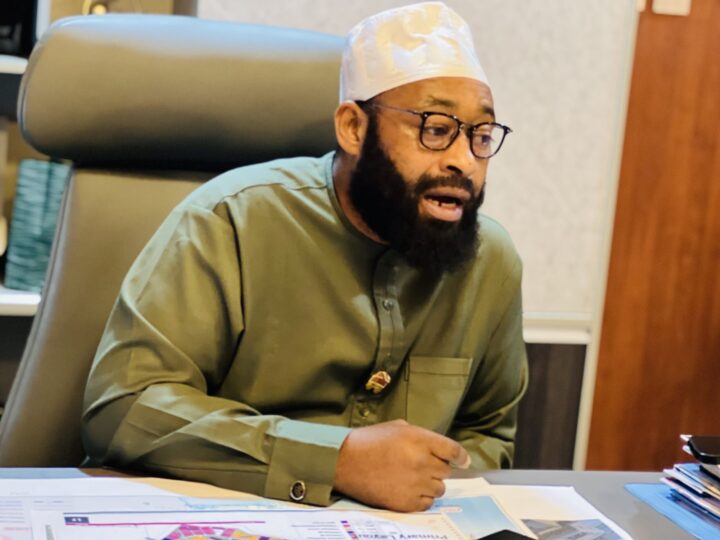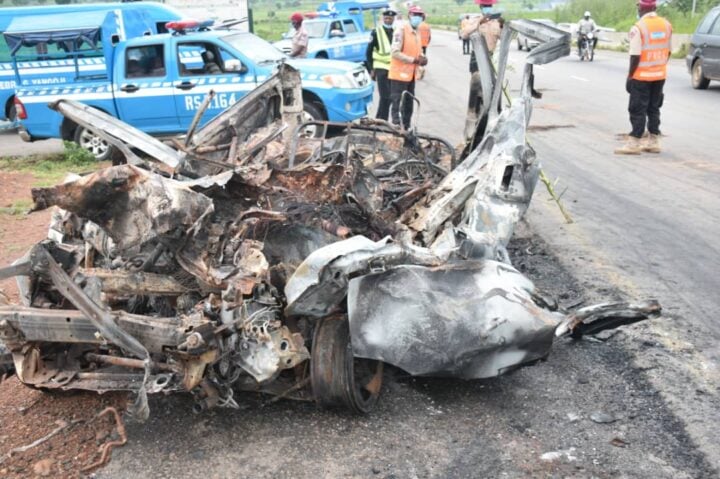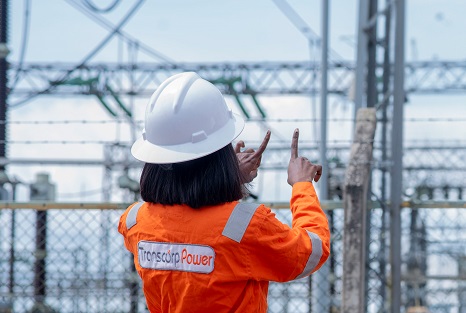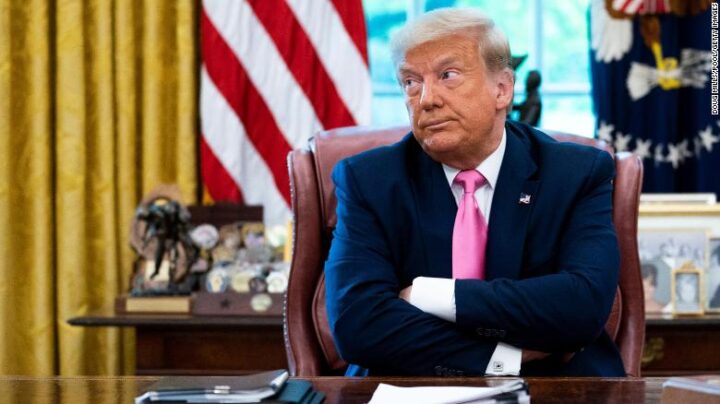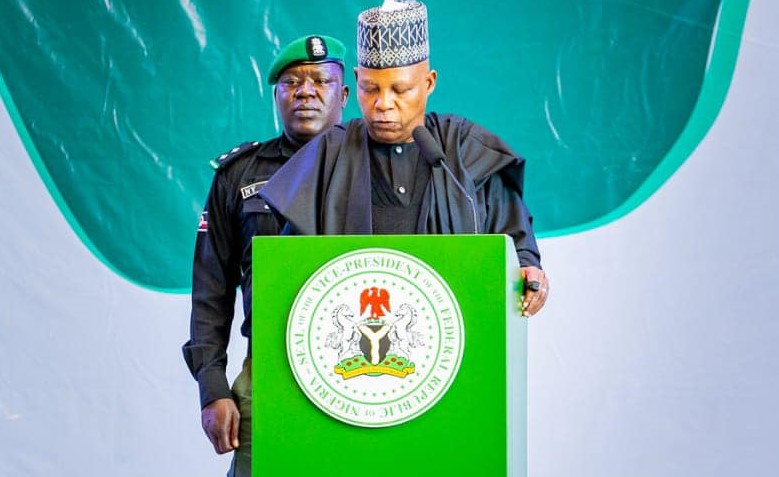In just eight months at the helm of affairs, Umar Bago, governor of Niger state, has initiated a myriad of programmes aimed at positioning the state for agricultural revolution. Bago is also fervently championing his green economy agenda, engaging in discussions with investors within and outside the country.
In this interview with TheCable’s SAMUEL AKPAN, the governor speaks on topical issues in the country and his vision for sustainable economic growth in Niger state.
TheCable: How have your few months in office been? What important projects have you executed?
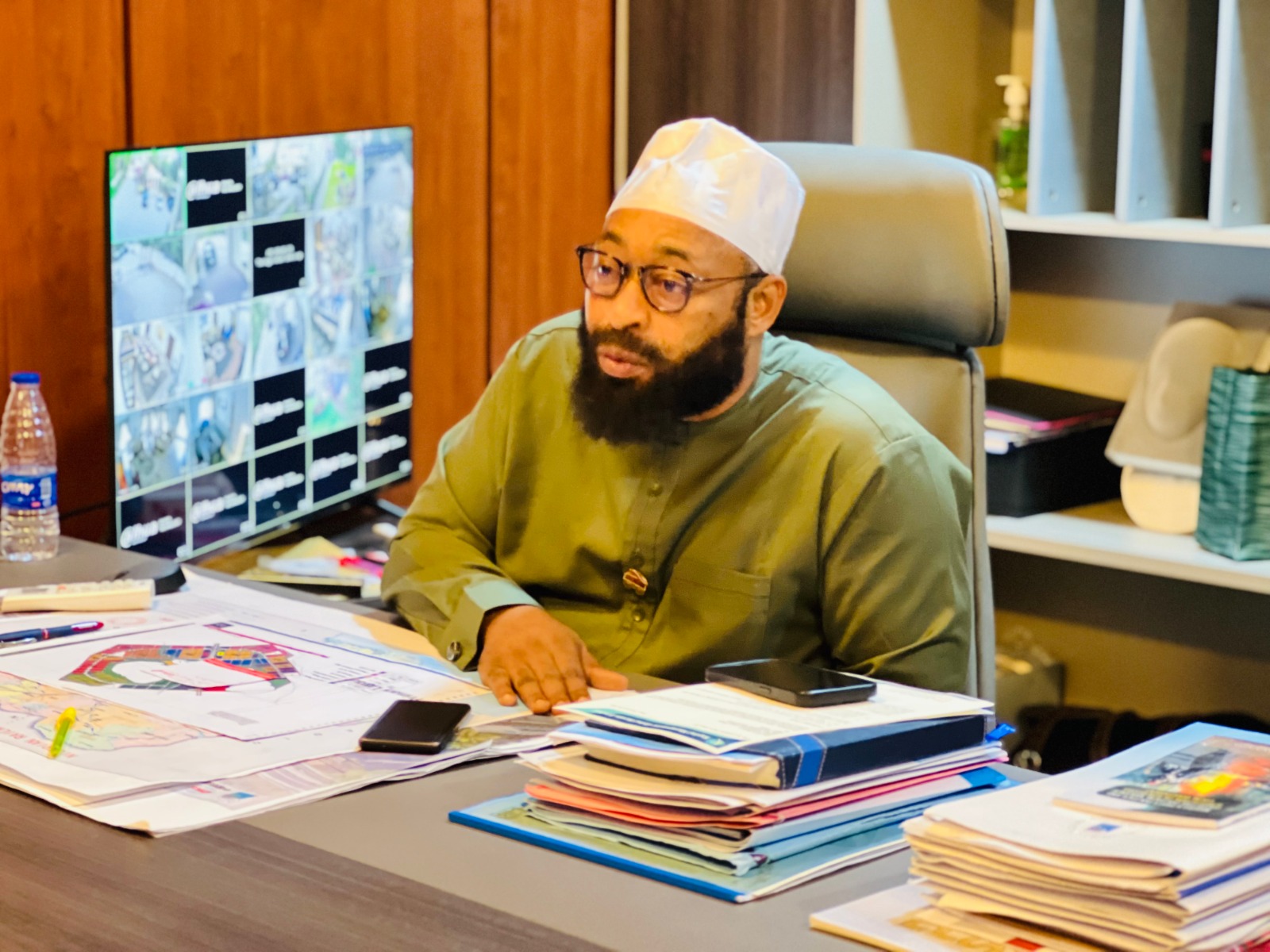
Bago: This administration has enjoyed the support of the people of Niger state. We came up with our agenda, first and foremost, agriculture; how to revive agriculture in Niger because we are an agrarian state. We have the largest land mass as a state; we have bodies of water and a very good climate for both pastoral and crop planting. These bodies of water can be used for aquaculture.
Advertisement
We have reached out to a lot of stakeholders within and outside the country to attract investments, technology and innovation to agriculture. So far, so good, we have got the first batch of 300 tractors from John Deere in the United States of America. We are expecting an additional 700 to make it 1,000. We have received over a thousand handheld tillers.
A lot of investment has been made in irrigation because our people shouldn’t farm once a year. We are the highest producer of rice paddy in the country. Also, we have a lot of fields for sesame and soya. This is what we are leveraging on. Today, we have 100 bulldozers now working in the bush, clearing the fields. We have cleared over a million hectares to date. This is in preparation for the rainy season. For the dry season, we have started deploying irrigation technology and also getting investments in that regard.
TheCable: How do farmers benefit from the tractors and other farming equipment?
Advertisement
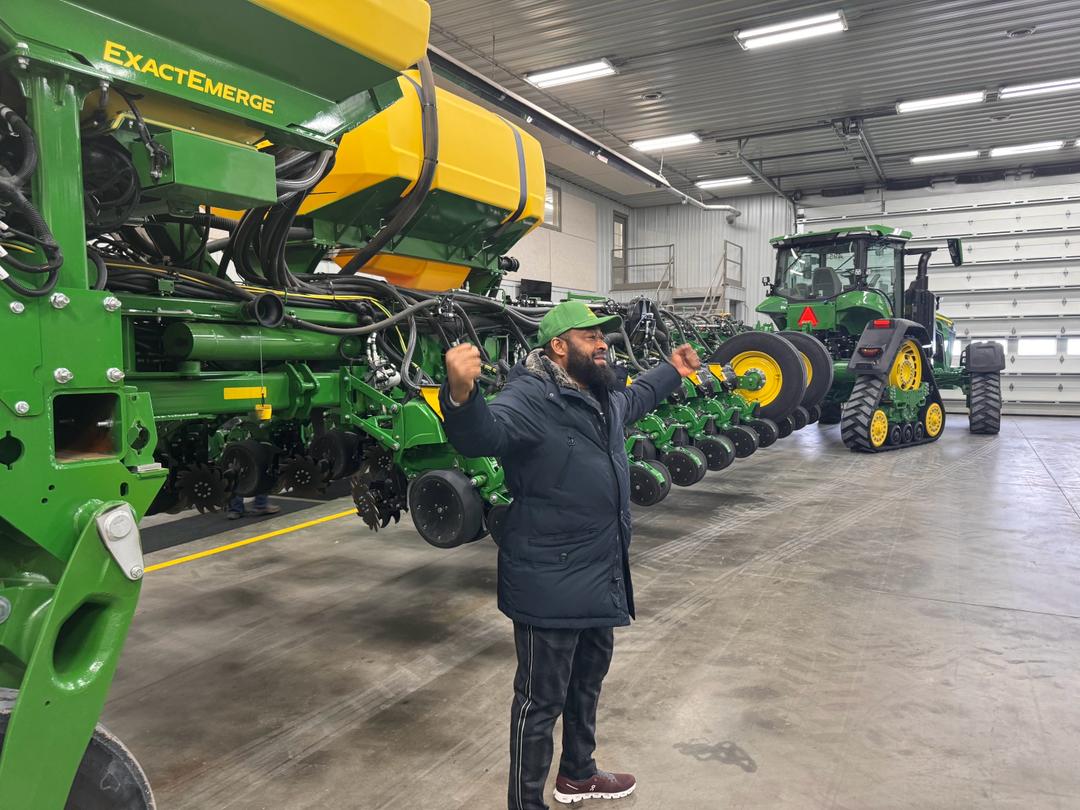
Bago: We have studied how agriculture has failed in Nigeria, and one of the issues is that when you apply bureaucracy to agriculture, it would not work. We have created an SPV, a state-owned private company, that will be privately driven. Agriculture is going to be privately driven. We have the database of farmers; we know where they are.
One of the major challenges for farmers is usually land preparation. The state government is going to take that as a start-off cost for anybody interested in farming. We will prepare the land, tilt it, prepare it for irrigation and planting, provide the inputs, fertilizers, and chemicals for farmers and also teach them through extension services. This is what the government is going to do for free.
TheCable: These are excellent initiatives compared to what we have in other states. But there is insecurity, although it is a national issue. Farmers need to feel secure to go back to farms.
Bago: When you have bush, that is when you have insecurity. Clear the bush, there won’t be insecurity. We have combed all the bushes; we are planting everywhere. You know, when we started as a government, we launched the green economy initiative and we have an agency now for the initiative. We have got over $20 million now as grants for us to plant trees; so, women will be engaged to plant trees. Imagine each woman given US dollars to plant trees. We are doing nurseries in 25 local government areas and they are going to be cash crops. Some are going to be cashews and tropical fruits. They are easy to grow in our place. The initiative will now reach out to women, we will show them how to plant and nurture these trees.
Advertisement
TheCable: Let’s talk about your trips abroad. Are there commitments from investors?
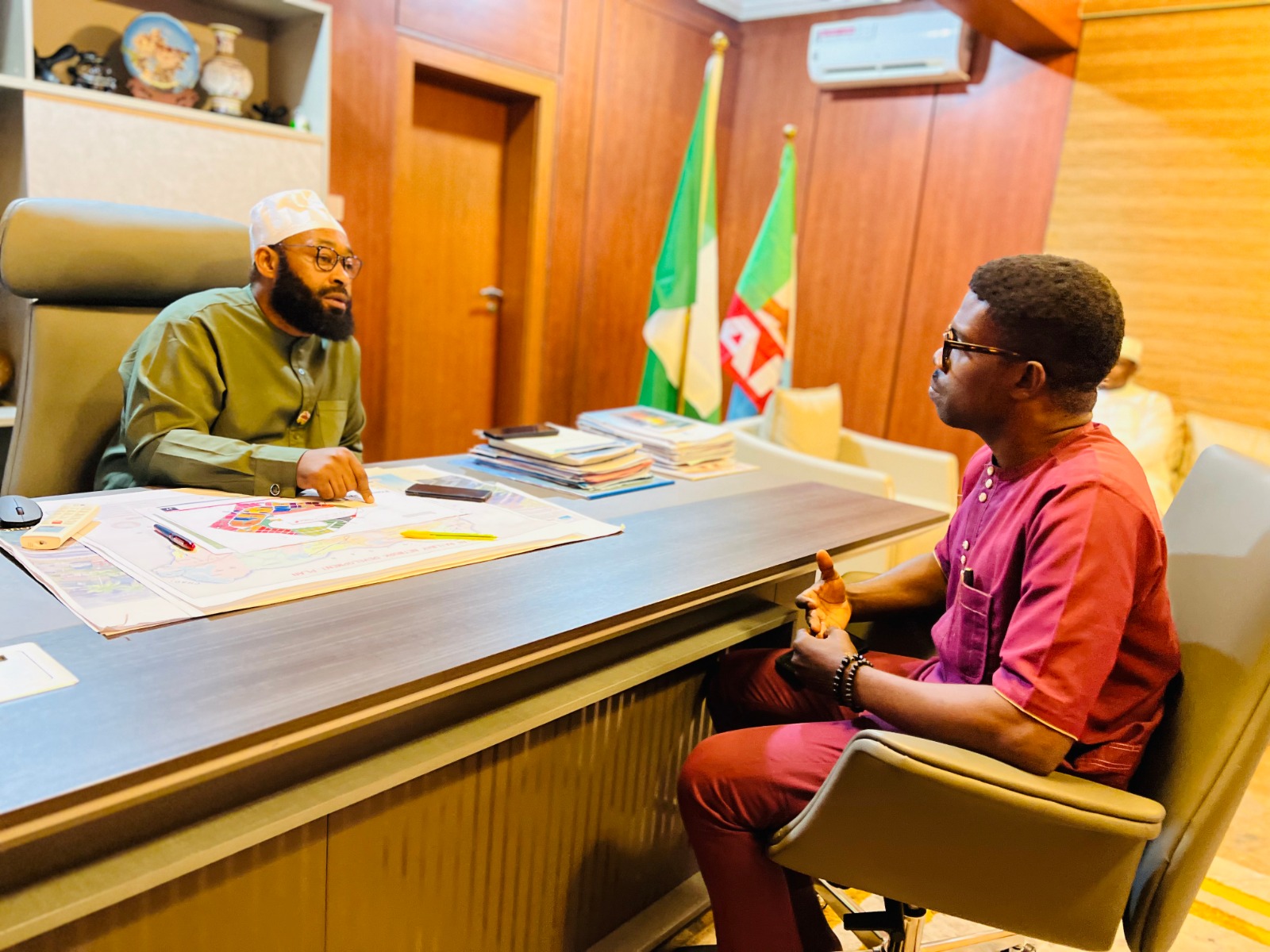
Bago: If you go to the Minna airport, you will see that our outing to the United States, John Deere in Iowa has yielded results. To date, we’ve got the highest number of tractors ever received in this country; they are in our airport in Minna. The president will commission them next week.
We deliberately kept them at the airport because we have the Minna airport city project which is also an agrarian project, so that we can export fresh fruits and food from the farm. At the airport area, we have over 8,000 hectares which will be strictly for greenhouses and abattoirs.
We want to make our airport a cargo airport that will be able to export meat to the world. So, these are investments we are getting. The second one is our green initiative. I just told you we have over $20 million to plant trees. These are investments we have received and we are sure that if we continue in this direction in the next year, it will be a different story.
Advertisement
TheCable: Your administration is aggressive with the green economy agenda. What are you seeing that other governors aren’t?
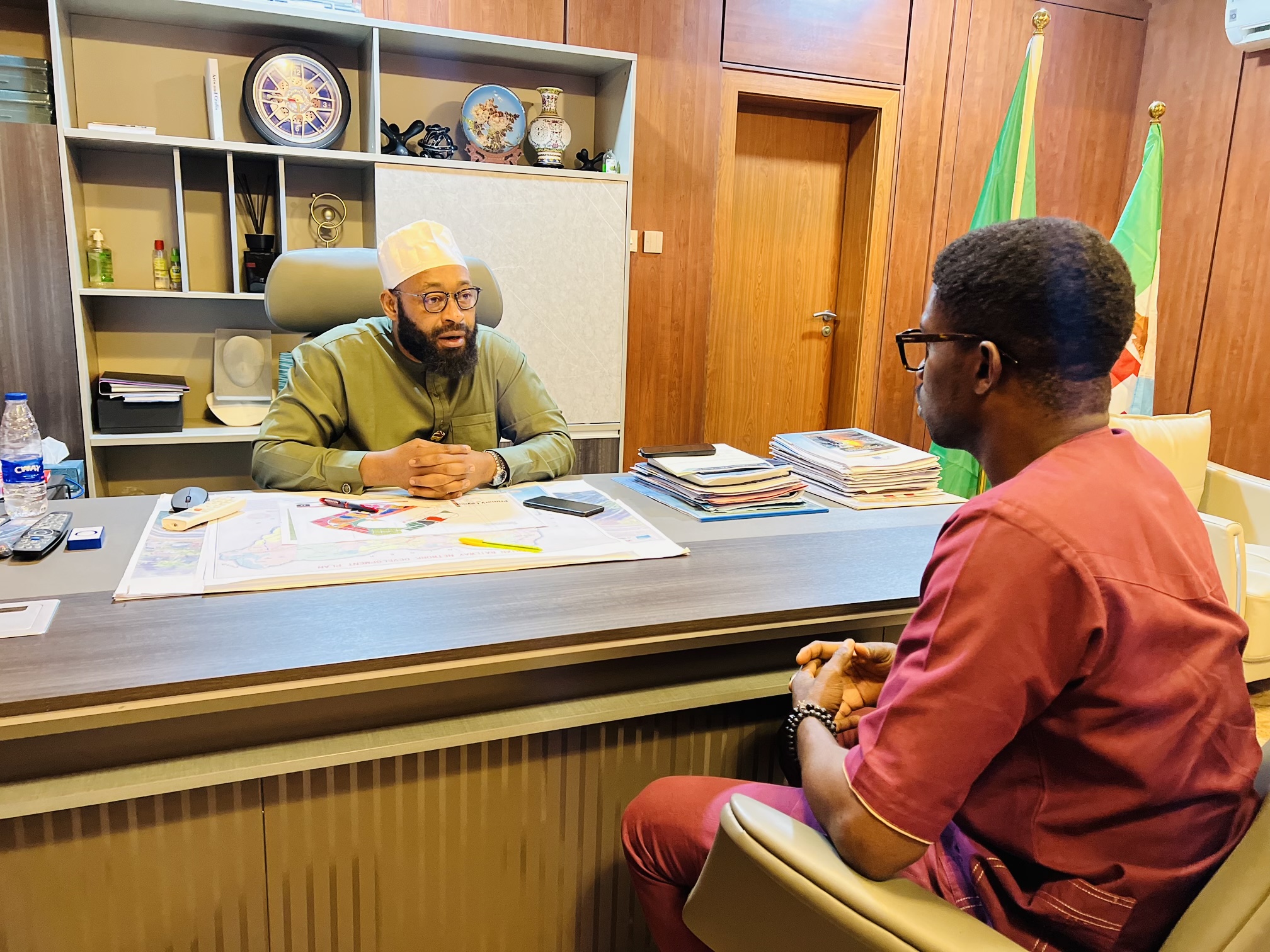
Bago: Everybody has their strengths and weaknesses. We have seen our strengths and we know our weaknesses. Our strength is our size. As a state, we are 10% of the total land mass of Nigeria. We have land, water, and pasture and we are complaining that we are broke? We have no business to be poor. We are looking inwards. How do we go back into what is more sustainable? The only way is agriculture. So, for us as a state, we have all embraced it.
Advertisement
Every week, I sell over 1 million cattle from my market in Niger state. So, I have a total turnover of 4 million cattle, not even sheep or goats. If I charge them N1,000 per cattle, do you know how much I am going to get? But because we have not paid attention to this kind of initiative, we are losing resources. This is what we are trying to do. We are aggressive about agriculture.
TheCable: In October 2023, you hosted the green economy summit, the first of its kind in the country. Have you got partnerships from other states?
Advertisement
Bago: A lot of states are talking to us. In the south-west, it is just Lagos and Ondo because of similarities. A lot of cattle that we are talking about end up in Lagos. This issue of transshipping live cattle from the north to the south is archaic. Why don’t you just send meat to people that need it? The population of Lagos is their strength. I have the cattle here, while my consumers are in Lagos. Lagos is the highest consumer of food in Nigeria, so they need supply.
We have established a commodity exchange agreement with Lagos state. The platform on which we are operating now as governors is very functional. We are looking beyond just FAAC. Everybody is tired of federal allocation and people are thinking of ways to be able to diversify their economy for prosperity.
Advertisement
TheCable: Weeks ago, you banned the mass purchase of food items from Niger state. Is this going to address food inflation?
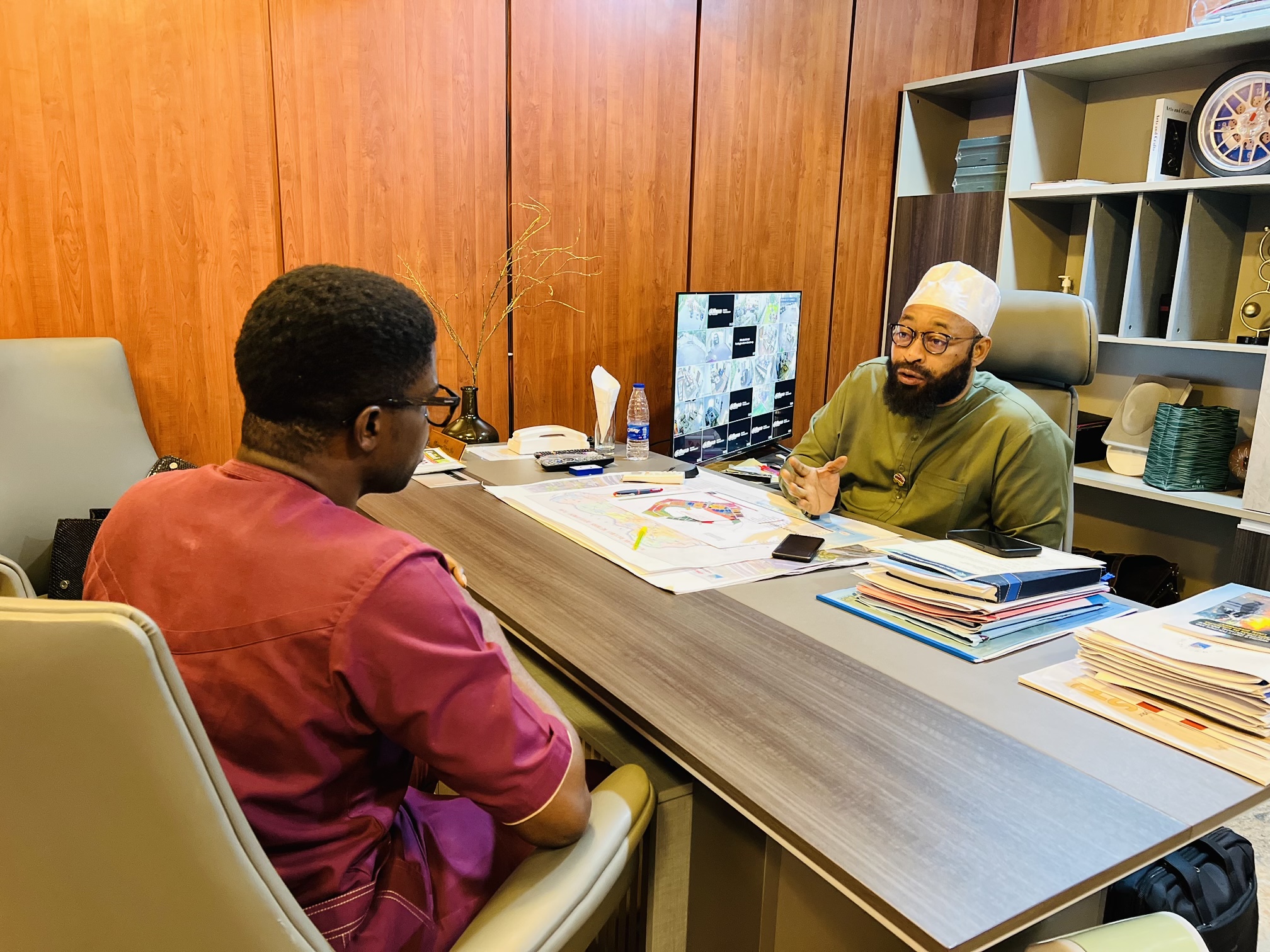
Bago: We have markets in the local government headquarters and local markets in the bushes. These saboteurs and even smugglers go to these villages. For a farmer to give you a bag of paddy, it may take him two to three days because it’s a manual process. Imagine arresting two hundred trucks of paddy crossing to Benin Republic from Niger state. You can imagine what it does to the market.
Our factories here are starved, and people take our paddies to Benin Republic, mill it, bring it back and exploit our people. What we did was to control the level of sales. We know how much you need as a farmer; you don’t need to sell everything overnight. Why is somebody luring you with excess cash, not minding the price? A bag that we sell for N40,000, somebody is giving you N100,000. The ban has helped cut down the prices. We didn’t stop the movement of food from Niger to any state within Nigeria.
TheCable: What advice do you have for the FG as it grapples with tackling the general food inflation in the country?
Bago: We must produce. The government must invest in agriculture. The activities of saboteurs are very glaring. You can see that they’ve dollarised our garri and yam. The yam that is being shipped to the UK and USA comes through Benin Republic to Ghana. Ghana is the highest exporter of yam to the United States of America but they don’t produce it. They take our yam, and these are kinds of exploitation that have been going on for years.
But again, our people who have warehouses are trying to sabotage government efforts. We will go into production and produce more; we will defeat them because the food will be too much. It is a simple economics. Once you have excess supply, demand will drop.
TheCable: Residents of the state have been battling water scarcity and have criticised the state water board. What is the government doing to ameliorate the situation?
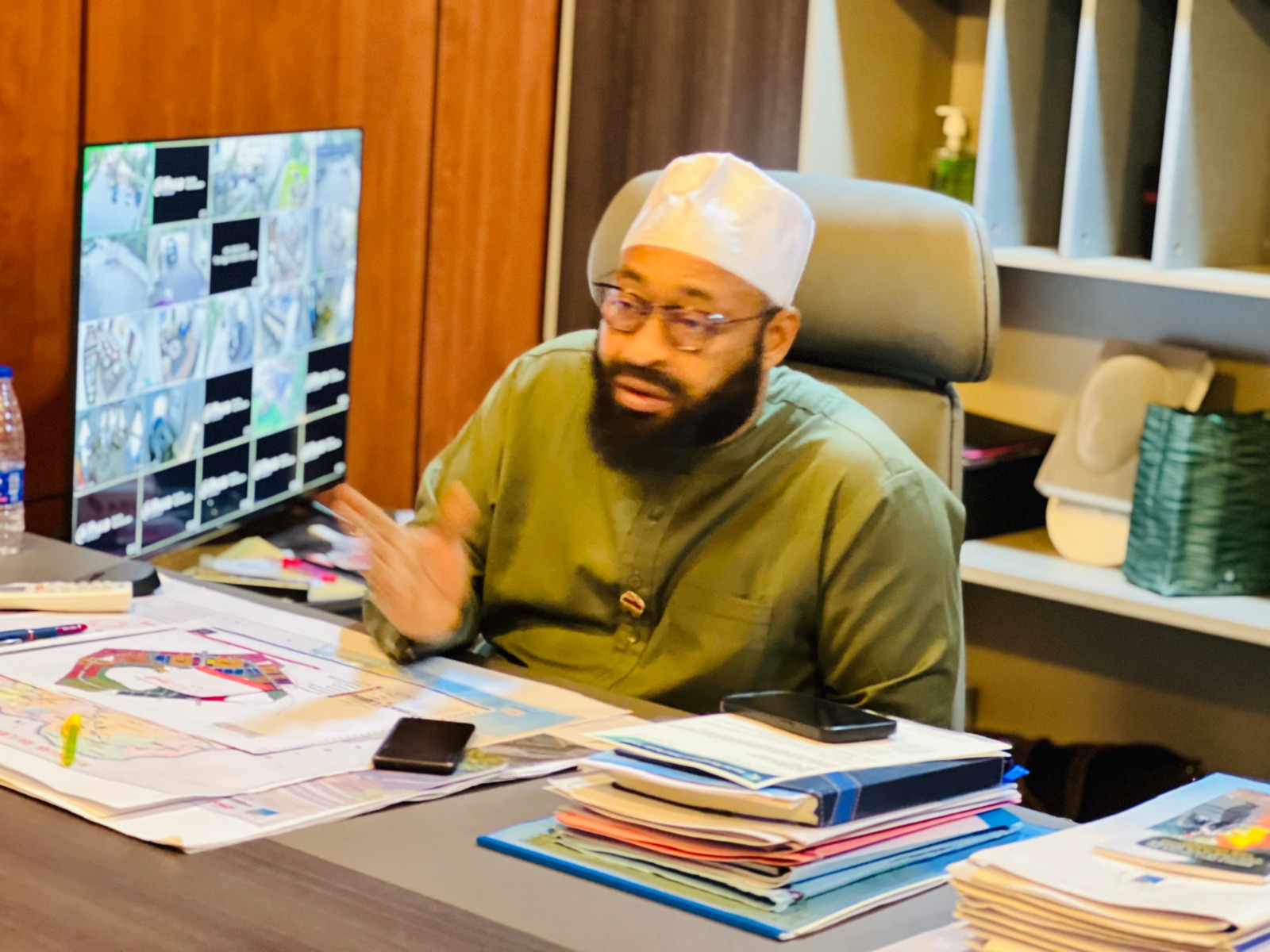
Bago: Nobody pays water bills yet and what we met on the ground was a very sorry state of our pipes. The reticulation is bad. The state government is investing in new reticulation of water within the metropolis. Some of the water dams are silted. We need to desilt them and we are already on that; we have asked them to be patient with us because you know when you are doing this kind of transformation — an investment in water — the result doesn’t come overnight.
But remedial issues have been provided. We have done some arrangements on these pipes not from the water board anymore, but from the extreme ends of Minna. Once we get to a point, we will link the old pipes to the new ones for water to go down. It is very difficult for you to change water pipes within a city and you will not have scarcity of water. It is so unfortunate.
TheCable: There have been recorded cases of boat mishaps in the state. What plans are in place to curtail it?
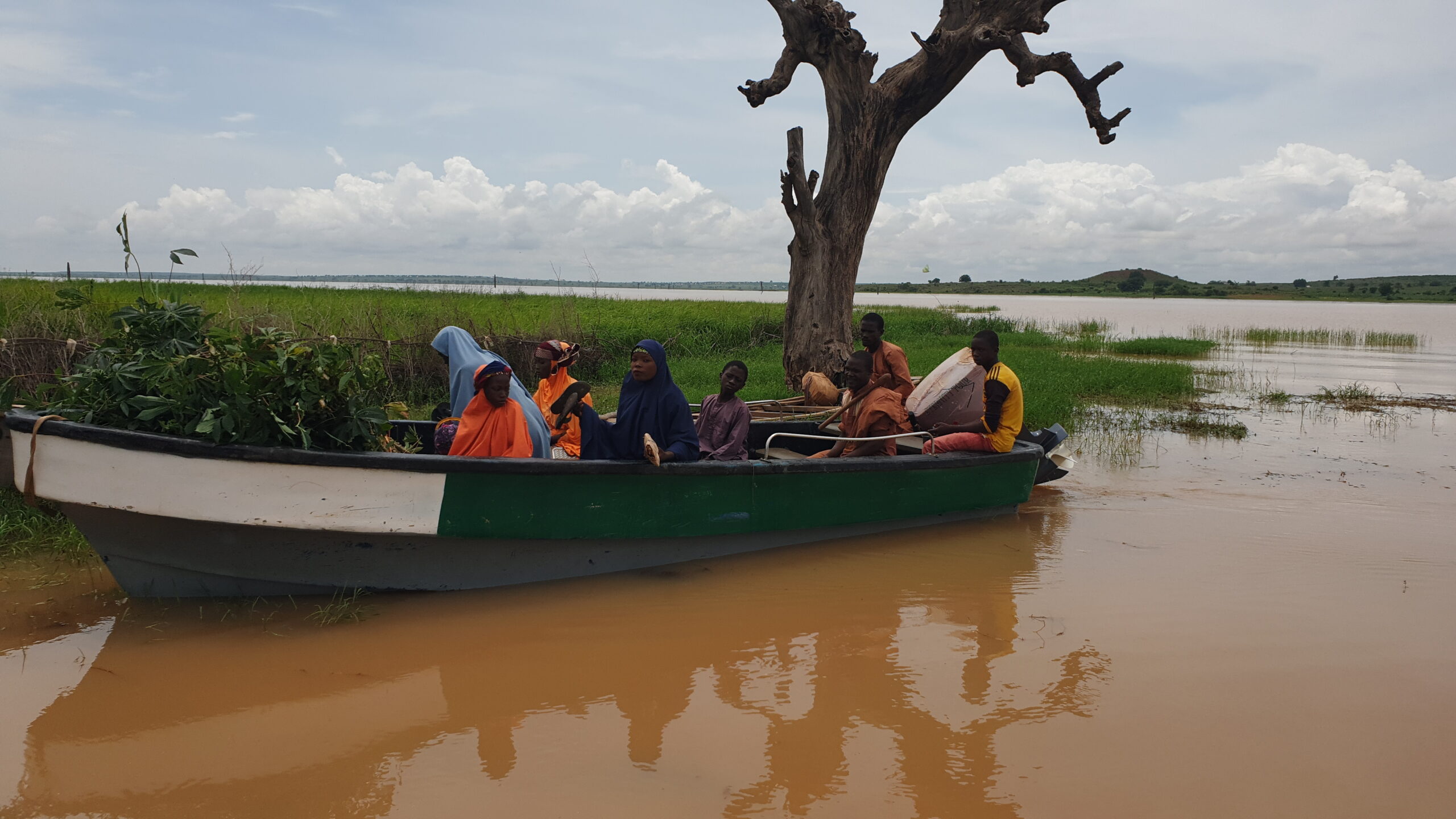
Bago: We have created an agency now — Niger State Inland Waterways. It is saddled with the responsibility of having staff at each of these jetties to ensure that they comply with the load levels. Most of them are overloaded boats. People just want to get money from villagers; they don’t enforce the use of life jackets which we have provided. We are enforcing it and it has come to stay. The traditional institution is working very closely with the state government to ensure that we enforce it.
TheCable: In four years, what are you looking to achieve in the green economy agenda, and then in agriculture?
Bago: You cannot divorce agriculture from the green economy. We want to transition from fossil fuel. We have now made procurement of 200 CNG buses, and we’ve started receiving them. They will be commissioned very soon. Within the metropolitan areas, students will commute freely in the buses to reduce and alleviate the issue of subsidy removal. Civil servants will also have their rebate so that they can use the bus once they have Niger state identification.
Again, the issue of deforestation. Most of our forest reserves have suffered from loggers and poachers. Poachers will use fire to kill animals while loggers just cut down trees because they want wood. We are having our state-owned Rangers to protect these forest reserves and we have to replant more trees as I told you ab initio. Niger state is the global headquarters for shea trees in the world. We don’t have any factory that produces soap or cream. We are trying to get people to come and invest in that venture. Through the green economy initiative, a lot of people have shown interest and discussions are ongoing on.
These initiatives will change the narratives so that when you count states in Nigeria, before you call Lagos, you call Niger state. Niger state has the only inland water port in the north; it terminates at Baro. When you come from the Atlantic, you can navigate until you get to Baro port. We are looking for investments in that area.
TheCable: Will your government keep this momentum?
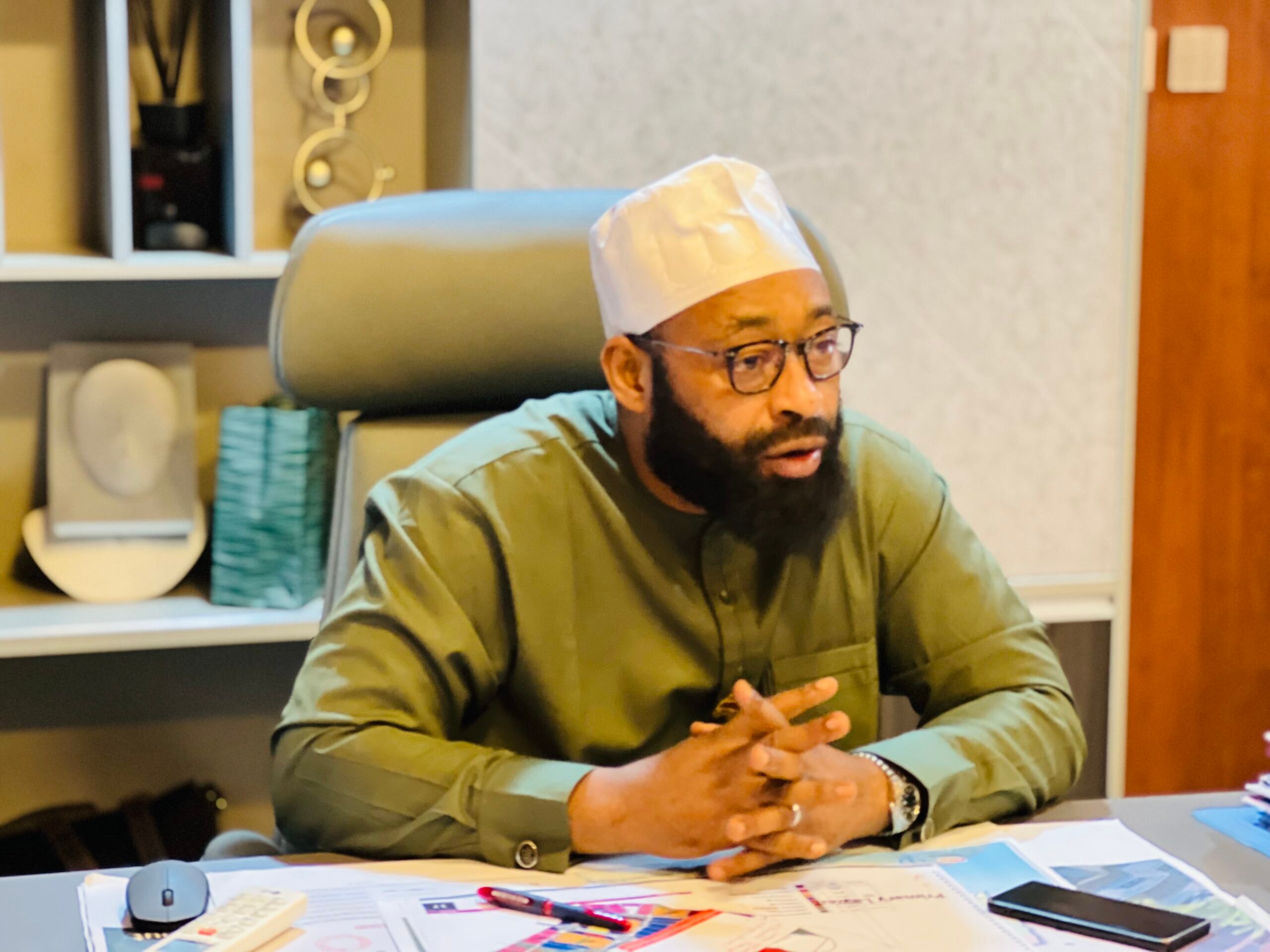
Bago: We are optimistic. We know what our people want; we know what Nigeria deserves. Let me give you an example. If you look at our education initiative, I told you, we are drawing from Borno, Kaduna state, Ogun states. Even the ambience of a classroom can change a child’s thinking. You need to give them a very conducive classroom with chairs as soft as these for them to learn. Give them tools to learn and computers too.
Even telemedicine, we are trying to put facilities in every primary healthcare centre. We have recorded success in terms of security. The activities of miners, again, are worrisome. Illegal mining, artisanal mining of gold and lithium, mostly used to be a problem for our people. We have shut down most of the mines, especially in the red zones where kidnappings and banditry were very rampant. With the closure of some of those sites, we have relative peace.
TheCable: Are you in support of state police?
Bago: How do you mean? Are you talking about abolishing the federal police and every state having their police or having the two together?
TheCable: Both federal and state police will operate side by side. That’s what the bill is proposing.
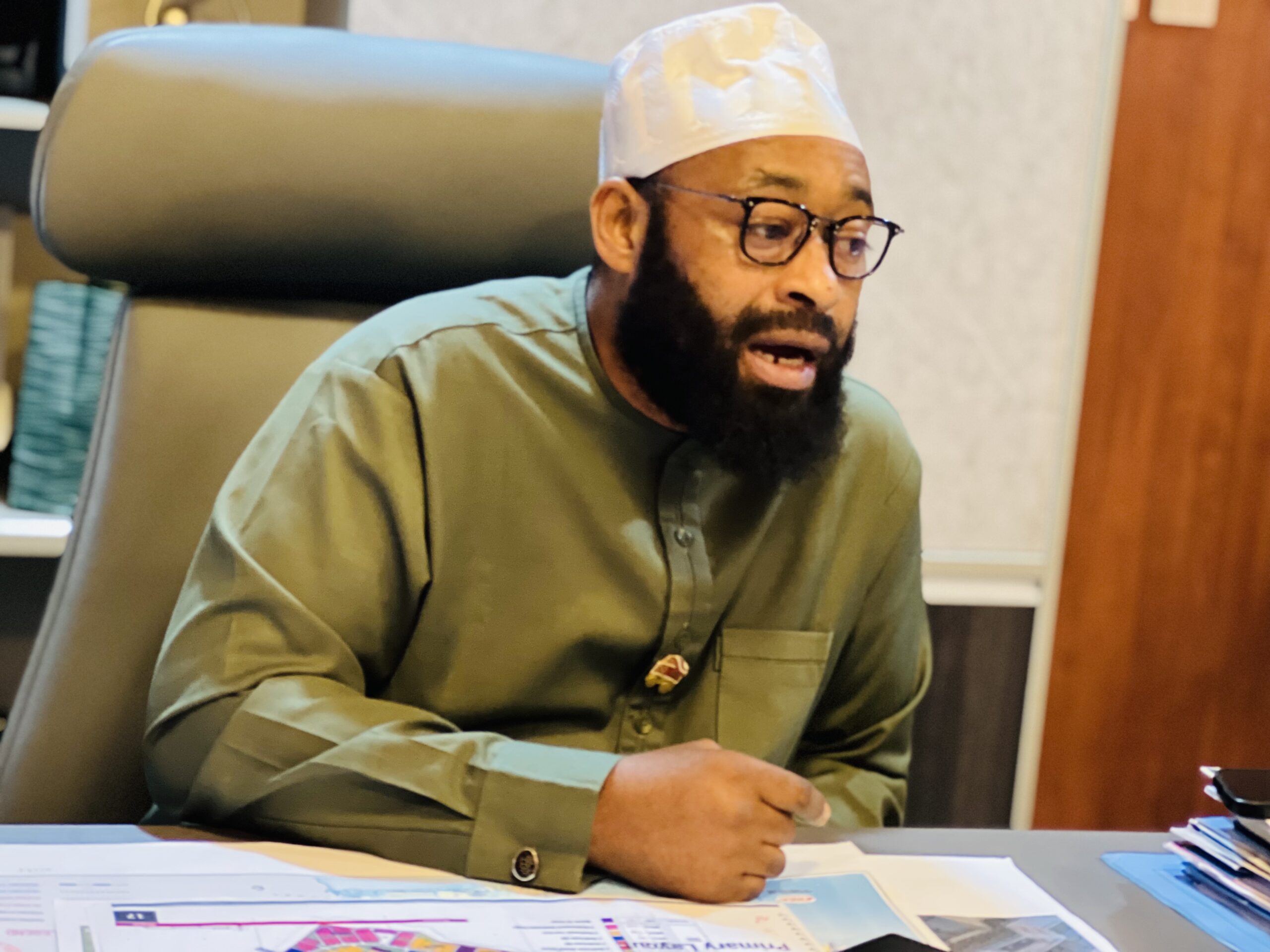
Bago: If it comes that way, it’s a good one, because everybody will have to rebrand its own police. However, we also have to look at case studies of South Sudan — some countries in this world that had state police and plunged into crisis. Everybody will now build a small army and before you know, it becomes a crisis.
We have to look at it very well. We need to look at it at a round table and discuss the pros and cons. But even the police we have today, we need to reform them. The funding of the police should change. Let states have a hand in funding the police and also control the police. That’s all. Everybody should be employed in their local governments and should work there. That is state police. You recruit people and you cannot move from your local government till you work for ten years. Let it be like that; it will solve the problem.
India has a population of over one billion people and they have federal police. It’s working effectively because everybody is drawn from their community. Let me be able to say I need one million police in Niger state, if you have the resources, you go for it.
But you know people can abuse it. I am a governor today. If you are in my state and I have powers of the police, I will lock you up and nothing is going to happen, and I can drive everybody out of the state and run my election. It can bring about tyranny. We have to be very careful with whatever we do.
I think if you draw from the constitution, you will understand that currency, foreign policy and defence are strictly an exclusive matter and we shouldn’t use politics to now take it up from exclusivity. The people who crafted the constitution knew exactly what they were after. They needed to protect even the ordinary citizens. Again, over the years, you have a proliferation of vigilantes and other small corps that are working with the police like the civilian JTF. What is their fate post-peace? How do you handle those issues post-peace? How? If you have peace today, Boko Haram, banditry, and IPOB are gone, those pockets of militia that you have created to protect you, what is their fate? They are armed. That is why some people are saying the earlier you convert them into the police structure, the better so that at least you can control the menace. So, a lot of discussions and conversations will have to go on and on in an attempt to understand this state police issue.
